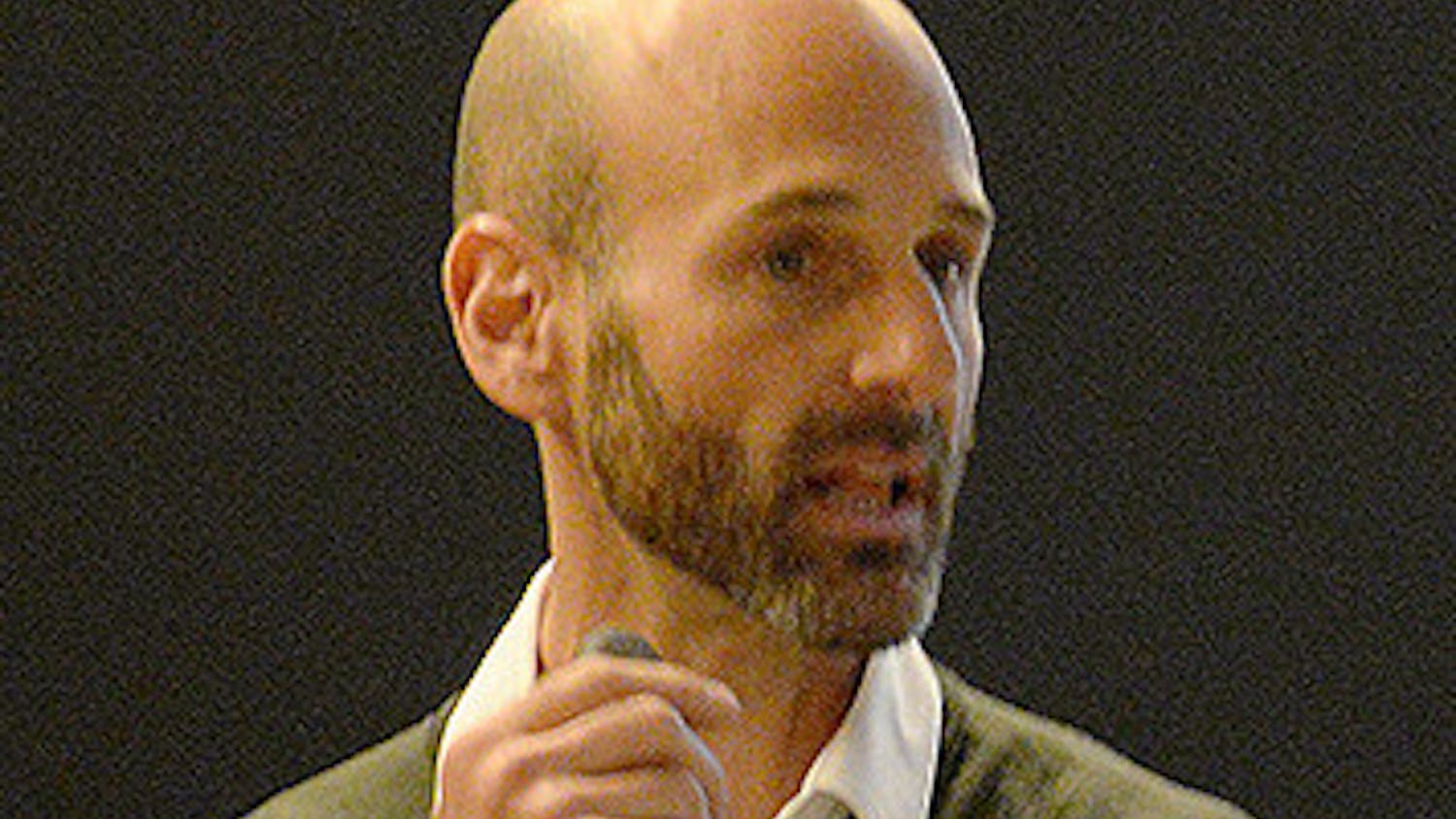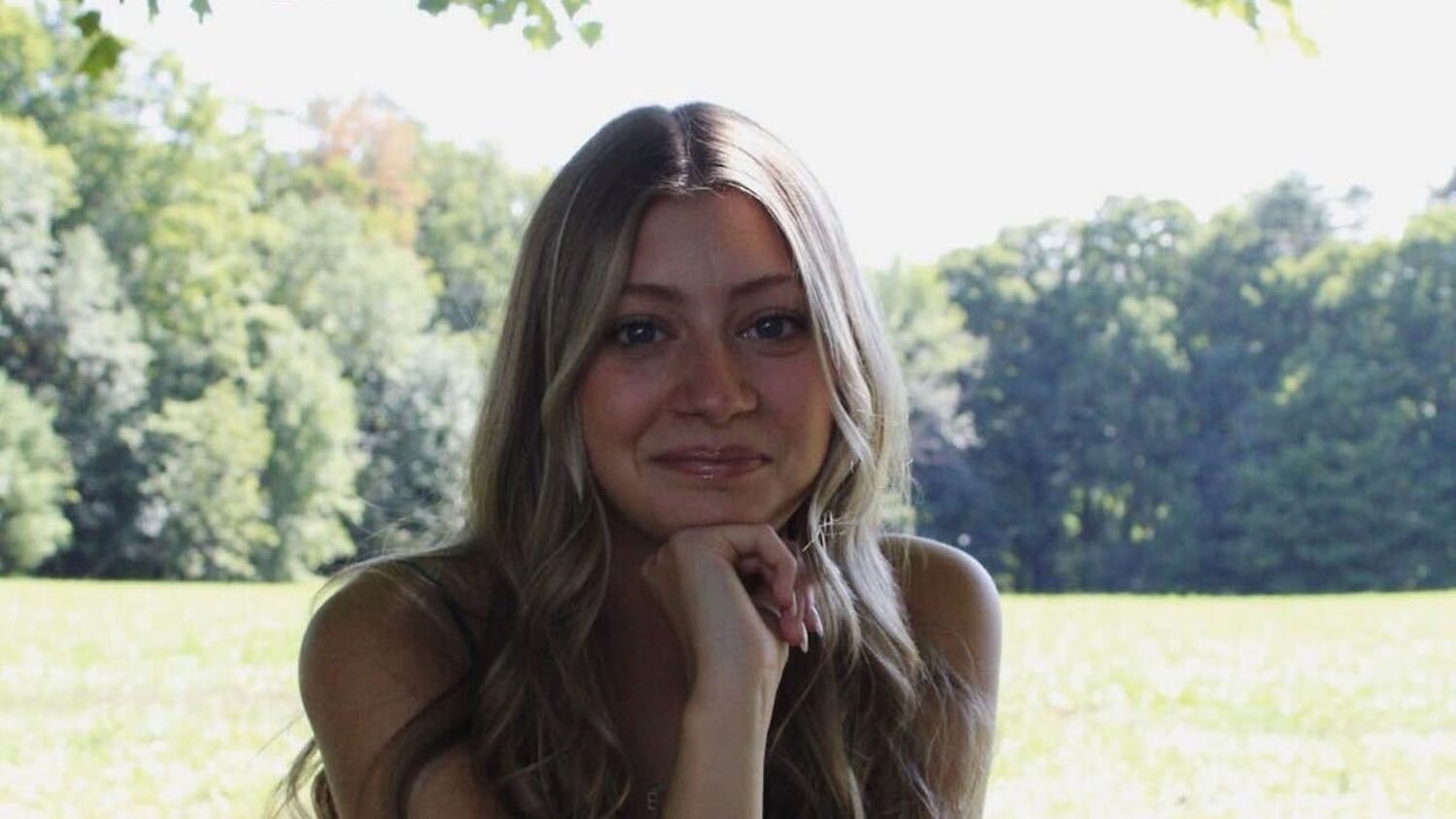When we were asked to write an article about the hijab in honor of World Hijab Day (Feb. 1), we sat and brainstormed possible topics. We came to realize that all of our ideas centered on the assumed oppressive nature of the hijab. Muslim women have a learned instinct to defend it. The words “oppressed, forced and medieval” have been thrown at us. Our immediate response is to reply with “empowered, liberated and it’s my choice.” We realized our discourse surrounding the hijab should not just pertain to its relation to oppression.
Instead, we are choosing to bring to light the problematic way we communicate about the hijab. We feel the need to humanize ourselves and prove our “Americanness” by deliberately working to prove we are more than the hijab. But, we do not ask our peers to share how they can balance both Christianity and their lifestyle. We have come to understand that, when discussing the hijab out of the context of Islam, we have unintentionally politicized it. Globally, the hijab has been politicized and by doing so, it strips the hijab from its spiritual value.
We as a society need to be educated, but it is not the inherent responsibility for Muslims to educate. In order for there to be a progressive discourse, it is essential for marginalized communities, such as the Muslim community, to have a platform to share their thoughts. However, it should not be contingent on what society wants to hear from them. There should also be a balance of recognizing not one Muslim can speak on behalf of the whole population.
But, while writing this article, we still feel a responsibility to include that we do feel empowered by the hijab. We ask ourselves, who has placed this responsibility and expectation on us? We would argue Western society has placed the expectation, and we feel responsible for representing the Muslim community fairly due to our deep love for it. We partially feel this pressure because the media has not and does not portray a complete image of Muslim women. This leaves us with an important question: can the media represent Muslim women without exploiting and revolving their story around the hijab?
We hope that this article brings a refreshing perspective on the internal and external conflicts that Muslims in particular, hijab-wearing woman, have when practicing and discussing their religion.
Being a Muslim hijabi woman, we are seen as an ambassador of the Islamic faith. But then again, are we? This is a question we are grappling with ourselves. We are not condemning the Muslim women who decide to share their experiences about the hijab. It’s all up to Muslim community how they interact and discuss the hijab. We just have to remember that it’s perceived relationship to oppression is not the only discussion worth having. We are not here to prove we are not oppressed; we are here to lead normal lives and practice our faith.
Bayadir Mohamed-Osman and Nada Mousa are seniors in the College Arts and Science and School of International Service respectively. They are outside contributors. The opinions expressed by the authors are theirs alone, and do not necessarily reflect the views of The Eagle and its staff.
opinion@theeagleonline.com




